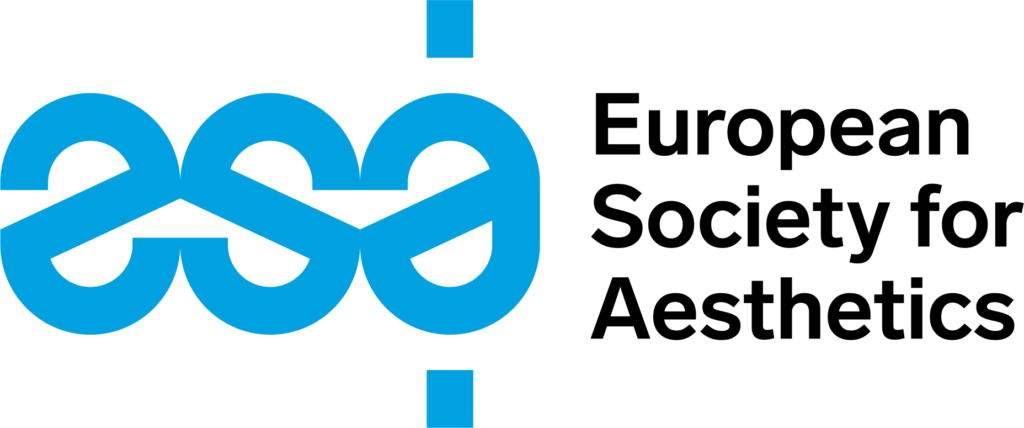Date/Time
Date(s): 11. March – 01. April
00:00
Categories
THE PEOPLE WE END UP BEING:
ART, ETHICS AND AGENCY
to be held in April, 21st and 22nd 2022, hybrid (in vivo and online)
We invite scholars working in aesthetics, philosophy of art, moral and political philosophy and other philosophical areas, as well as cognitive and social scientists and psychologists, to explore contemporary philosophical issues related to the intersection of art and ethics, primarily with and in relation to our ethical and aesthetic agency. Topics include, but are not limited to: how do human ethical and aesthetic agency interact? What are we to do when they are in conflict, whether in artistic creation or in ethical evaluation of art? Does art have to be made by humans (to have ethical or social messages)? What is the impact of AI generated art for its ethical character and our appreciation of it? Should ethically blameworthy artists be publically praised/reproached for their art? Which norms should guide our judgment of morally reprehensible depictions and descriptions? What is the role of the state in regulating artistic production? Should our artistic production and appreciation be sensitive to ethical aspect of the messages of art, or its production? Can artists / art be harmful? (How) do judgments of beauty reflect ethical attitudes and vice versa? (How) do judgments of taste relate to ethical agency? Aesthetic and/or/vs ethical attitudes. Is it ethical to enjoy immoral art? What is the purpose of ethical criticism of art? How should disagreements among evaluators be solved in ethical criticism of art? Is ethical transformation possible through aesthetic experiences? Do we need empirical research to tackle these questions? Are there reasons to justify censorship of certain works?
Plenary speakers:
Ted Nannicelli;
James Harold;
Gregory Currie;
A.W. Eaton
We invite submissions for 30 minute presentations, followed by 15 minutes of Q&A: please send your title and a short abstract by April 1st, 2022 to Iris Vidmar Jovanović (ividmar@ffri.uniri.hr). Notification of acceptance will be sent out by April 5th. There is no conference fee. Given the circumstances regarding the corona-19 virus, the conference will be held online, with limited in person participation.
